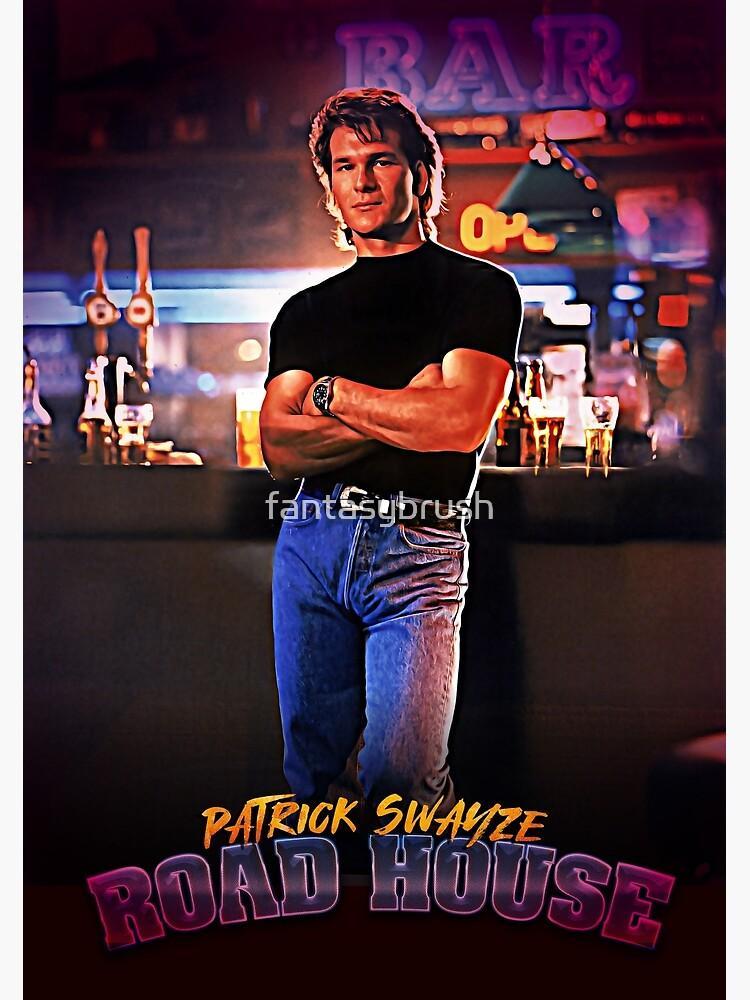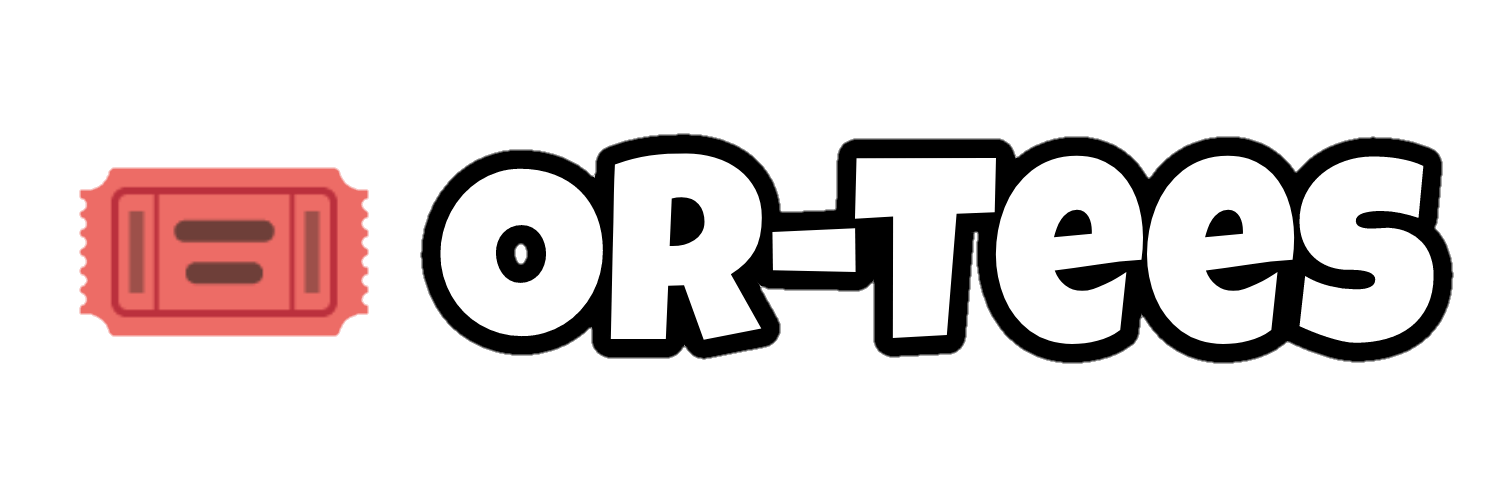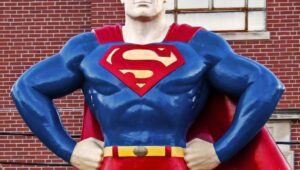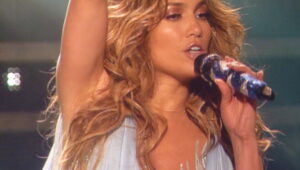‘Road House’ Screenwriter’s Copyright Lawsuit Against Amazon/MGM & A.I. Allegations

‘Road House’ Screenwriter’s Copyright Lawsuit Against Amazon/MGM & A.I. Allegations
The iconic movie “Road House” has been a classic for many years, but it appears that there’s more to the story behind the scenes. The screenwriter of the movie, David Lee Henry, has filed a lawsuit against Amazon, MGM, and various other defendants, alleging copyright infringement and artificial intelligence (A.I.) allegations. This legal battle has raised many questions and concerns in the entertainment industry, as it delves into the issue of A.I. technology being used to replicate and create new works based on existing copyrighted material.
In this article, we’ll dive into the details of the lawsuit, the A.I. allegations, and the implications for copyright law and the entertainment industry. Additionally, we’ll explore the potential impact of this case on future creative works and provide valuable insights for both creators and consumers.
Lawsuit Overview
The lawsuit filed by David Lee Henry alleges that Amazon, MGM, and others have infringed upon his copyright by creating a reboot of “Road House” without his involvement or consent. Henry claims that he never authorized the use of his original screenplay for the movie, and that the defendants have unlawfully exploited his intellectual property.
Furthermore, the lawsuit also raises A.I. allegations, suggesting that the defendants used artificial intelligence technology to analyze and replicate the elements of the original “Road House” screenplay in their reboot. This has sparked discussions about the ethical and legal implications of using A.I. to recreate or derive new works from existing copyrighted material.
Implications for Copyright Law
The case of “Road House” screenwriter’s lawsuit brings to light significant issues within copyright law, particularly in the context of A.I. technology. With advancements in A.I. and machine learning, the potential for automated content generation has raised concerns about the protection of intellectual property and the rights of creators.
This lawsuit could have far-reaching implications for copyright law, as courts will need to consider the use of A.I. in the creation of derivative works and the extent to which it constitutes copyright infringement. Additionally, it may prompt legislative action to address the intersection of A.I. and intellectual property rights.
Practical Tips for Creators
In the wake of the “Road House” lawsuit, creators should be proactive in protecting their intellectual property and understanding the implications of A.I. technology on copyright law. Here are some practical tips for creators:
- Register your works with the U.S. Copyright Office to establish a clear record of ownership and protect your rights.
- Stay informed about developments in A.I. and machine learning, and consider how these technologies may impact the creation and exploitation of creative works.
- Be cautious when collaborating with A.I. tools or platforms, and carefully review the terms of use to ensure that your rights are preserved.
Case Studies
While the “Road House” lawsuit is a high-profile example of copyright infringement and A.I. allegations, there are other cases that underscore the significance of these issues. For example, the use of A.I. to generate music, art, and literature has raised similar concerns about the originality and ownership of creative works.
Firsthand Experience
The legal battle over “Road House” serves as a reminder of the complexities and challenges faced by creators in protecting their intellectual property. As technology continues to evolve, it’s essential for creators to be vigilant and proactive in safeguarding their rights and understanding the shifting landscape of copyright law.
In Conclusion
The lawsuit filed by David Lee Henry against Amazon, MGM, and others highlights the growing intersection of copyright law and A.I. technology in the entertainment industry. This case has significant implications for creators, consumers, and the legal framework of intellectual property rights. Moving forward, it is imperative for stakeholders to closely monitor the outcome of this lawsuit and consider the broader impact on the future of creative works and copyright law.
By addressing these issues head-on, the entertainment industry can strive to strike a balance between innovation and respect for the rights of creators, ensuring a fair and equitable environment for all involved parties.






This is a fascinating legal battle with potential implications for the future of copyright and AI technology in the entertainment industry.
I’m curious to see how this case unfolds and how it could impact the intersection of copyright law and artificial intelligence.